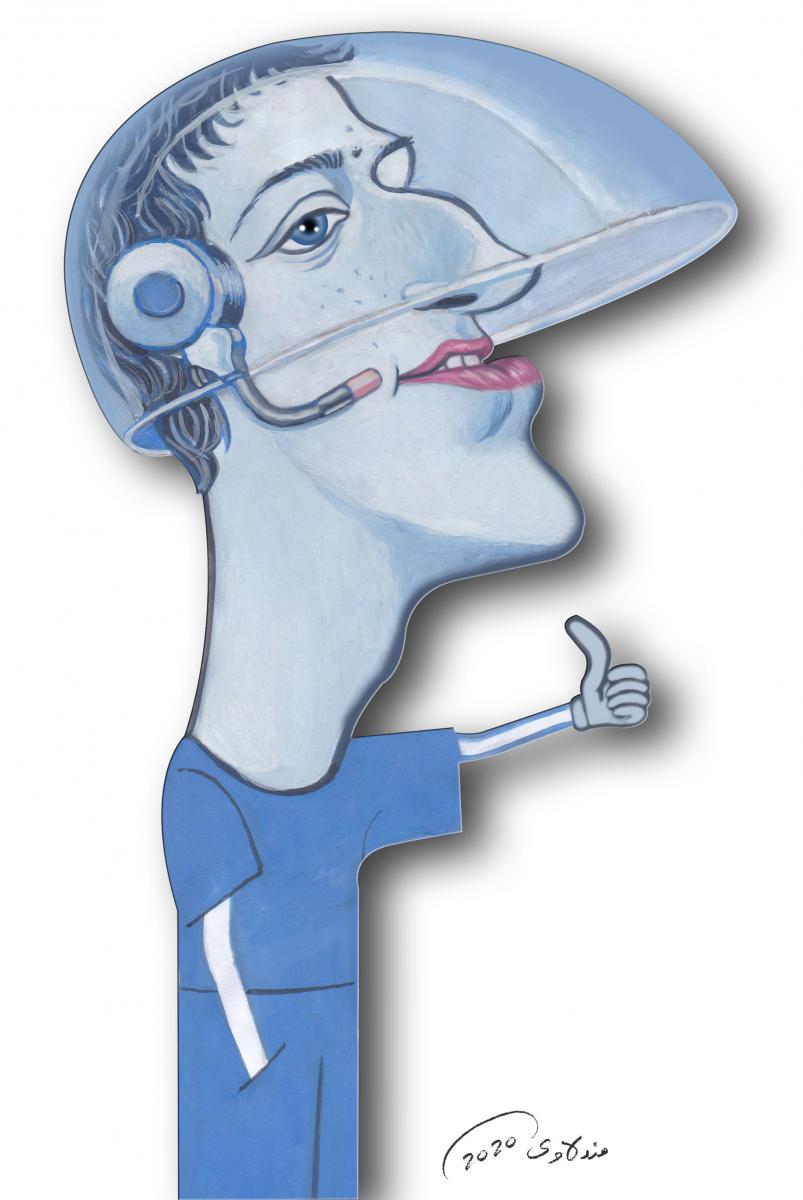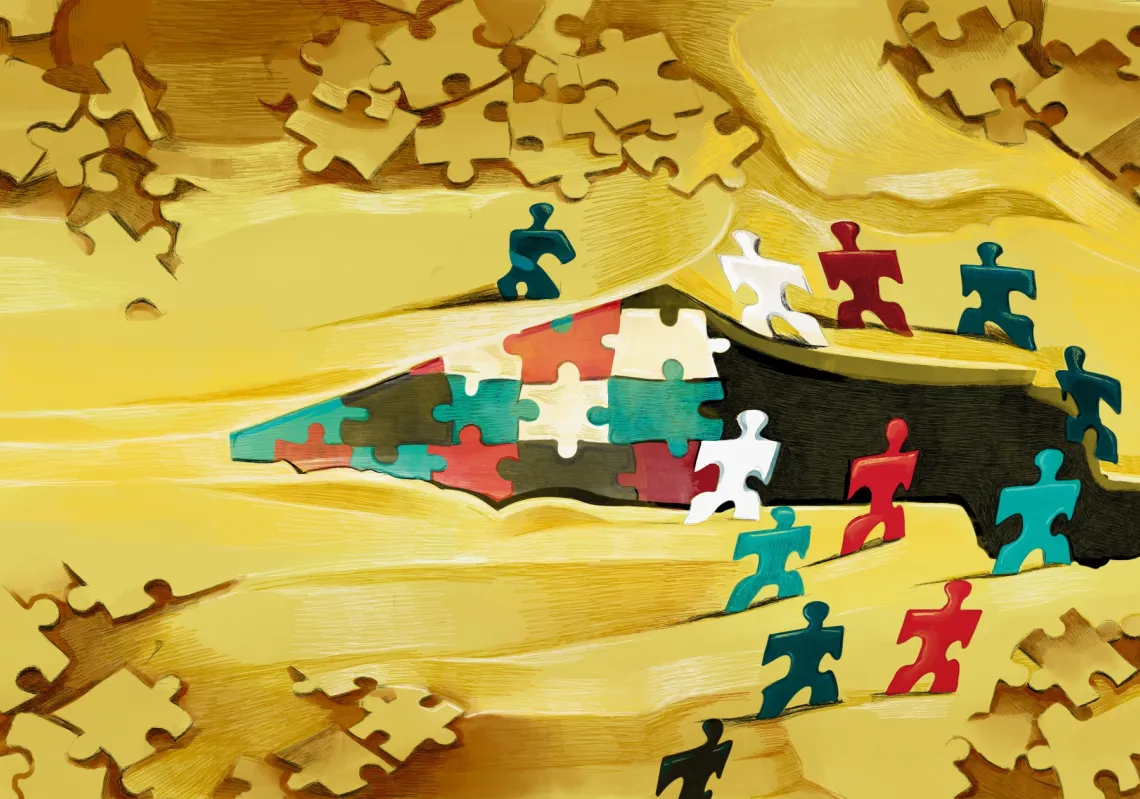
With a net worth of $70 billion, Facebook CEO Mark Zuckerberg is worth more billions of dollars than he has lived and is regarded as one of the most brilliant minds of his generation.
Zuckerberg was born on May 14, 1984 in White Plains, New York, and was raised in nearby Dobbs At the ae of 12, he created a messaging program called “Zucknet” using Atari basic that he implemented as an inter-office communication system for his father’s practice. This is considered to be a precursor of AOL’s Instant Messenger. He also coded computer games for his friends at a young age.
After attending Phillips Exeter Academy, Zuckerberg enrolled at Harvard University in 2002. By his sophomore year, he had already built two programs: CourseMatch and FaceMash. On February 4. 2004, he launched thefacebook.com (renamed Facebook in 2005), a directory in which fellow Harvard students entered their own information and photos into a template that he had devised, from his college dormitory. Within two weeks, half of the student body had signed up. He dropped out of school in 2005 to focus on the social network full time.
In May 2005, Facebook received its first major infusion of venture capital ($12.7 million). Four months later Facebook opened to registration by high-school students. Meanwhile, foreign colleges and universities also began to sign up, and by September 2006 anyone with an e-mail address could join. It was around this time that Zuckerberg turned down a $1 billion buyout offer from Yahoo!, but in 2007 Facebook made a deal with Microsoft in which the company paid $240 million for a 1.6 percent stake in Facebook; two years later Digital Sky Technologies purchased a 1.96 percent share for $200 million. In 2008, Zuckerberg’s new worth was estimated at about $1.5 billion. By 2010, the company reached 500 million users.
Zuckerberg took Facebook public on May 18, 2012. The IPO raised $16 billion, making it the biggest tech IPO in history at the time. Zuckerberg became the 29th richest person on earth overnight. In the same year, Facebook acquired the photo and video sharing social media platform, Instagram for $1 billion. Two years later, the company acquired the mobile messaging app, WhatsApp for $19 billion and Oculus Rift, virtual reality hardware engineered by Oculus VR Company, for $2 billion. In 2013, he tried to buy Snapchat for $3 billion, but CEO Evan Spiegel turned him down.
In his second year of college at Harvard, Zuckerberg met medical student Priscilla Chan who he married on May 19, 2012. The relatively low-key event was actually a surprise wedding a guests through they were celebrating a med school graduation party for Chan. Today, Chan is a pediatrician and philanthropist. The couple has two children, Maxima and August. They have announced their plan to sell 99% of Zuckerberg's Facebook stock — worth about $45 billion at the time — over time to fund a new LCC called The Chan Zuckerberg Initiative. The initiative will funnel the money toward issues like personalized learning, curing diseases, and connecting people. In September 2016, Chan and Zuckerberg pledged $3 billion to curing the world's diseases by the end of this century. Zuckerberg has signed also signed the Giving Pledge, which means he will donate at least 50% of his net worth to philanthropic causes before he dies.
Despite his immense wealth, Zuckerberg is not flashy about it. His attire usually consists of Adidas flip flops, a grey T-shirt and his signature hoodie. In his first public Q&A at Facebook's HQ last night, Zuckerberg revealed he wears the same clothes over and over again because he wants to limit the time he spends making "frivolous" decisions so he can concentrate on real work.
Although the company has been successful, its last decade has also been full of scandals and accusations, ranging from a psychological experiment conduct on 70,000 unconsenting Facebook users which examined how changes in the News Feed could impact their mental health, to claims the social network was censoring content, to a gunman using Facebook to livestream the massacre of 51 Muslim worshippers in Christchurch, New Zealand. In 2018, #DeleteFacebook started trending after the founder of data analytics company Cambridge Analytica came forward to say the social network harvested data from over 50 million users’ profiles – later increased by Facebook to 87 million – and used it to target voters during the 2016 election after being hired by the Trump campaign. Zuckerberg’s initial response was a long and deafening silence and was then called to Washington to answer for his company’s actions. The scandal resulted in a $5 billion fine from the FTC, and a promise from Zuckerbger of "major structural changes to how we build products and run this company."
In October 2019, Zuckerberg was grilled by the US House Committee on Financial Services about Facebook’s latest venture, a cryptocurrency called Libra. Lawmakers were already angry that the company allowed hate groups to organize, facilitated child exploitation, failed to prevent breaches and allowed misleading political ads. Now, they worried about Libra is a potentially catastrophic danger to the financial world order.
But despite its many scandals, Facebook continues to grow. About 2.8 billion people use Facebook or its Messenger, Instagram and WhatsApp services every month, up nearly 8% from the 2.6 billion who used at least one of those services a year ago. Even as criticism climbs, Facebook is positioning itself to become more powerful.









